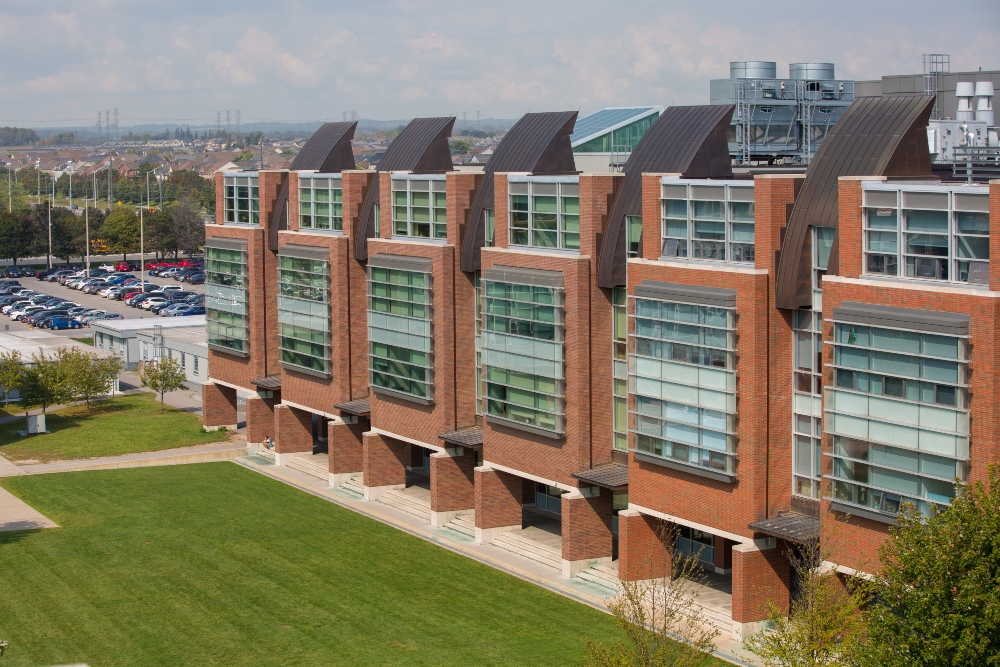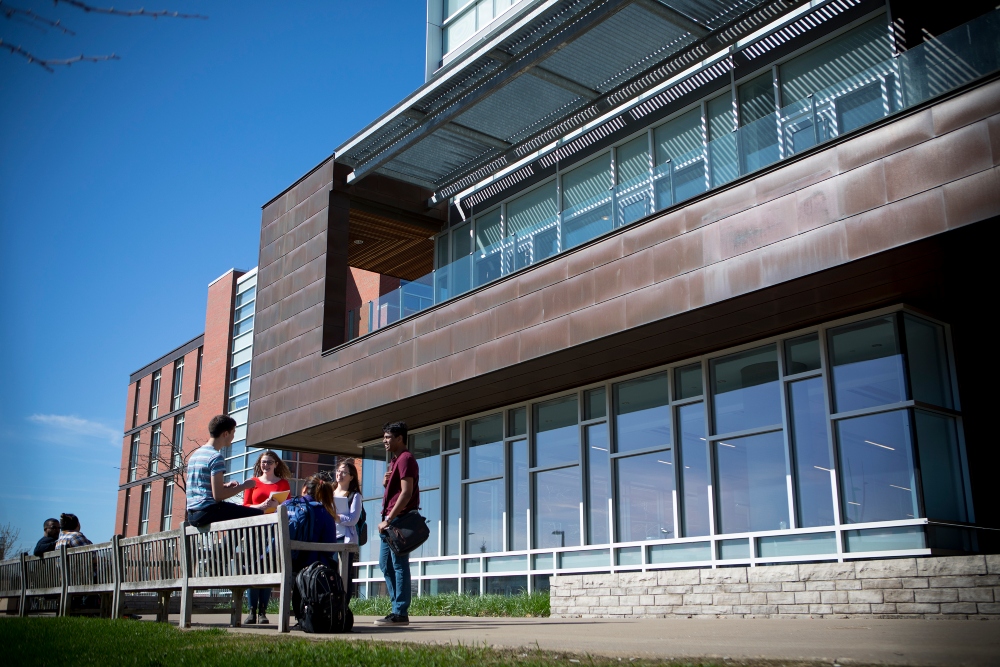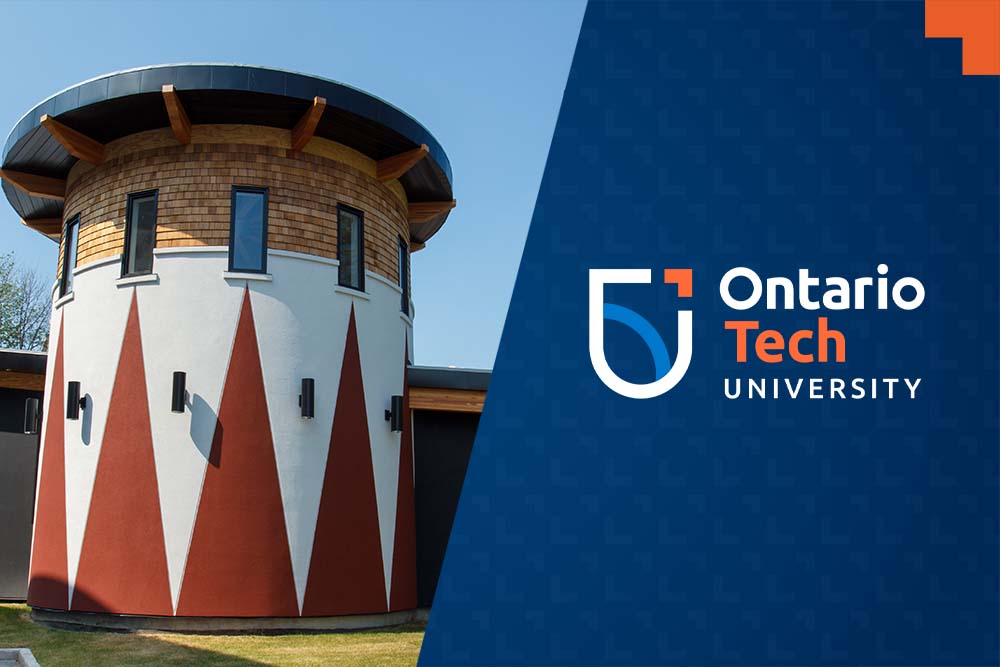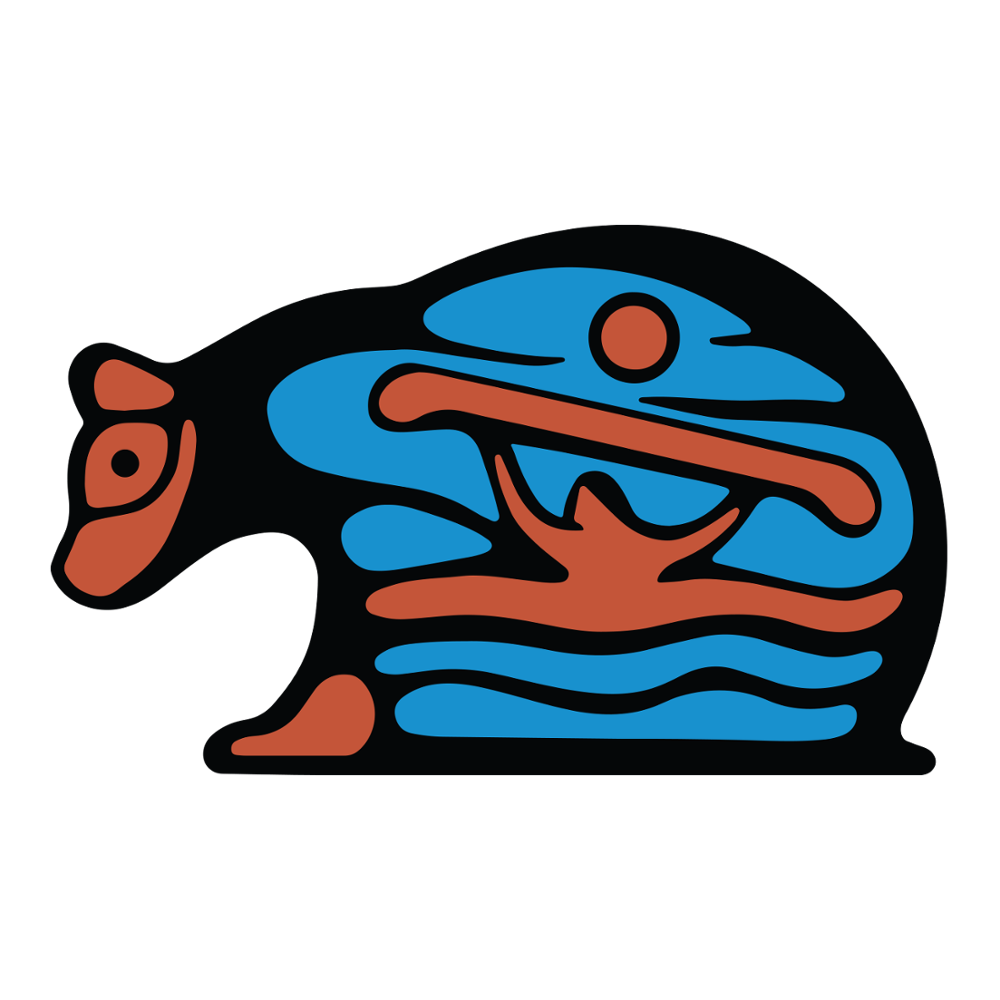Indigenous Hub
Land Acknowledgement
Indigenous Education and Cultural Services
Considering Ontario Tech?
Events and Programming
Community Outreach and Resources
Check out Indigenous community outreach and resources.
Indigenous Spaces
Indigenization and Reconciliation at Ontario Tech
Faculty and Staff
Academics and Research
Further Your Learning
If you are a First Nation, Inuit or Métis individual in need immediate support, community-based resources are available:
-
Hope for Wellness Helpline—Indigenous Counselling: 1.855.242.3310 or hopeforwellness.ca
-
Métis Nation of Ontario's Crisis Line: 1.877.767.7572
-
National Indian Residential School Crisis Line (24 Hour): 1.866.925.4419
-
Talk4Healing: 1.855.554.4325 (HEAL)
-
Wellness Together Canada: Text WELLNESS to 741741 or WELLNESS to 686868 for youth
In the news
All news
October 5, 2023
New federal funding will help expand Ontario Tech University Engineering Outreach programming

June 30, 2023
Reaffirming Ontario Tech University’s commitment to equitable and barrier-free access to education

June 30, 2023
Ontario Tech’s response to hate-motivated incident at University of Waterloo

June 1, 2023
Ontario Tech University marks National Indigenous History Month

 Teachings.
Teachings.